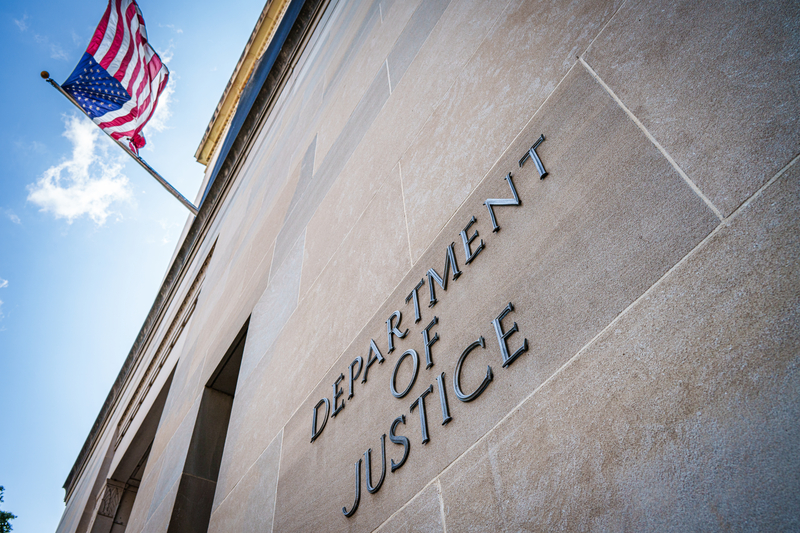Authorities in the Maldives have received pledges from a Dubai-based company to build an $8.8 billion blockchain and digital assets hub in the country.
The investment plan is being announced at a time in which the small nation desperately needs a boost to its economy, as it suffers from huge debts, the Financial Times has reported.
According to the report, the five-year plan will see MBS Global Investments invest an amount which could exceed Maldives’ annual GDP of around $7 billion.
Maldives’ finance minister Moosa Zameer told the FT his country needs to diversity its sources of revenue and move away from a historical reliance on tourism and fisheries.
MBS’s chief executive Nadeem Hussain was quoted by the paper saying: “We appreciated right from the offset what was involved in terms of funding and we’ve made the necessary alliances and brought in the necessary partners to ensure we have that.”
Traders profit from Melania token
The Trump family’s connection with the crypto world has been in the news again, as an analysis by the FT has found that traders made almost $100m after a well-timed investment in Melania Trump’s memecoin.
According to the paper, a small group of traders bought the $MELANIA token hours before it was made public on 19 January, a day before Donald Trump was inaugurated.
Prices went up straight after the announcement given the huge amount of interest in the token, leaving the investors with a $99.6m profit collectively.
Such was the frenzy in the build-up to the announcement that a couple of dozen digital wallets invested around $2.6m in the token in the two and a half minutes before the post went up on Truth Social.
What is also interesting is that, within 12 hours of the announcement, most of those digital wallets had already sold their tokens after benefiting from the immediate price hike.
Because of the way blockchain technology works, it is not possible to figure out which entities or individuals were involved in the original investment prior to the announcement.
Firms lured to US markets
And staying with Trump, the US President’s crypto-friendly policies are encouraging global crypto firms to find their way into the US markets.
According to the FT, Dubai-based Deribit, considered as the world’s largest cryptocurrency options exchange, is the latest firm weighing its options to invest in the US.
The firm’s chief executive Luuk Strijers told the paper the decision to assess opportunities in the US markets was made after “the recent shift towards a more favourable regulatory stance on crypto in the US.”
Other major global firms with plans to start operating in the US include “OKX of the Seychelles and Bulgaria’s Nexo, as well as Switzerland’s Wintermute and Dubai’s DWF Labs,” according to the paper.
Trump has promised to turn the US into the official crypto capital of the world, and global crypto prices reached record highs in the aftermath of his election victory this winter.
Crypto on Etrade
Speaking of crypto regulation, Morgan Stanley is looking into allowing crypto trading on its Etrade platform as the Trump administration loosens the regulatory grip around digital assets, according to reports.
People familiar with the matter have told the FT the US bank could partner with another firm that is already active in the crypto sector to kick-start its crypto journey.
Banks and other firms have received encouragement in relation to their crypto ambitions after the SEC and the Justice Department both signalled a lenient approach to crypto regulation in recent months, according to the FT.
New UK regulation
And we also reported last week about the new UK crypto rule that could stop retail consumers from borrowing money to invest in cryptocurrencies under new measures being considered by the UK’s financial regulator.
The proposal was part of a discussion paper published by the UK FCA last week, in which the regulator asked for views and feedback on the future regulation of crypto asset trading platforms, intermediaries, crypto asset lending and borrowing, staking, and decentralized finance.
The use of credit to purchase crypto assets, and whether consumers should be lent money so they can buy crypto, are some of the issues regulators are looking into and could be banned.













